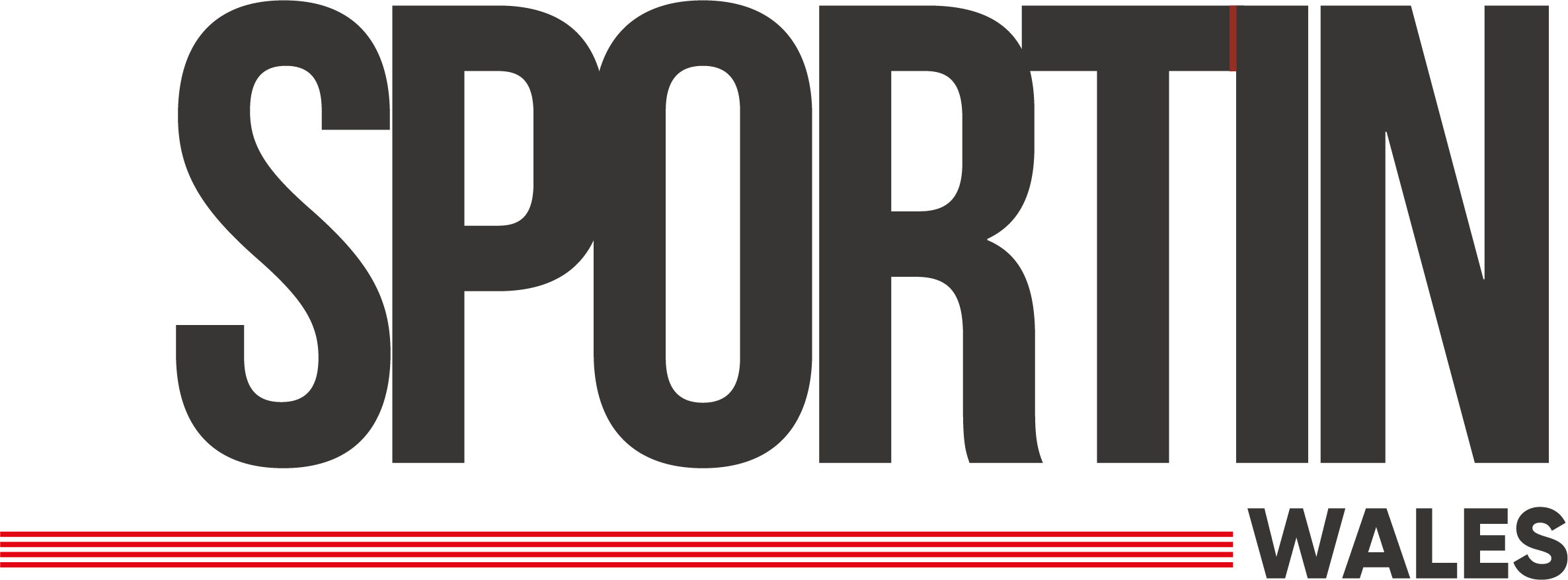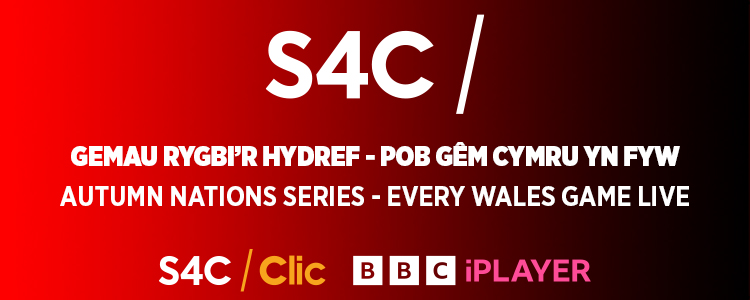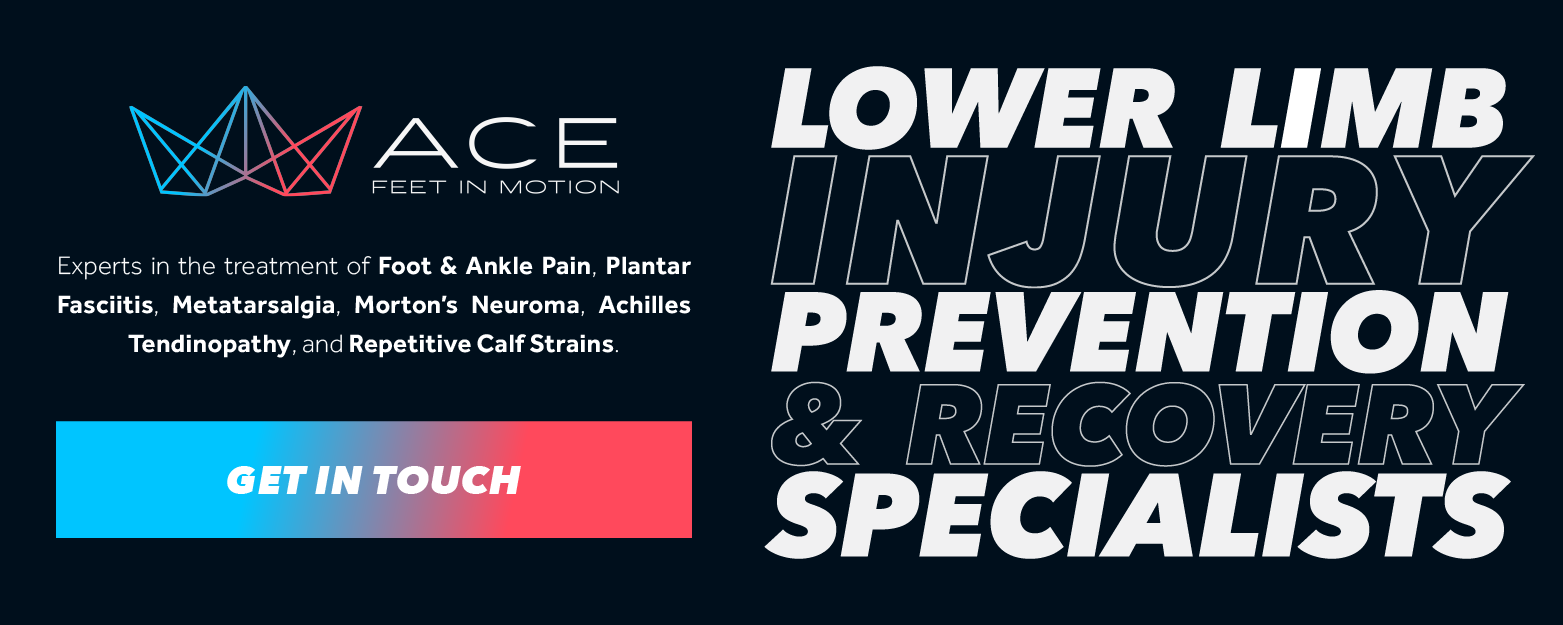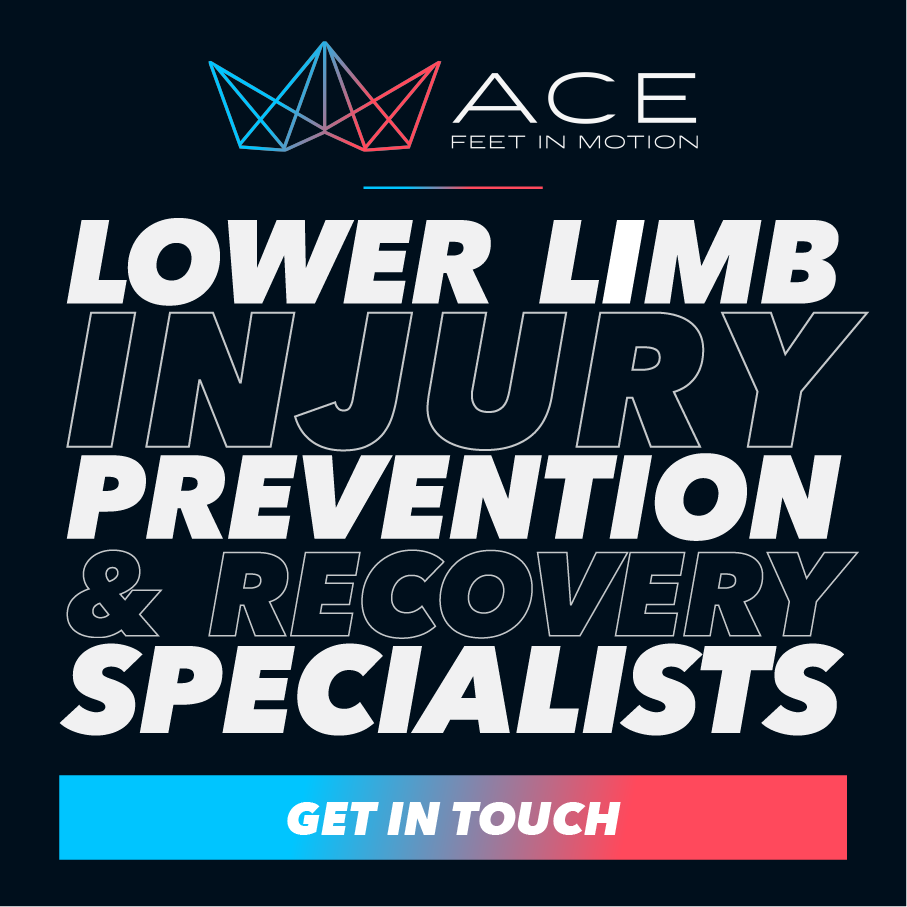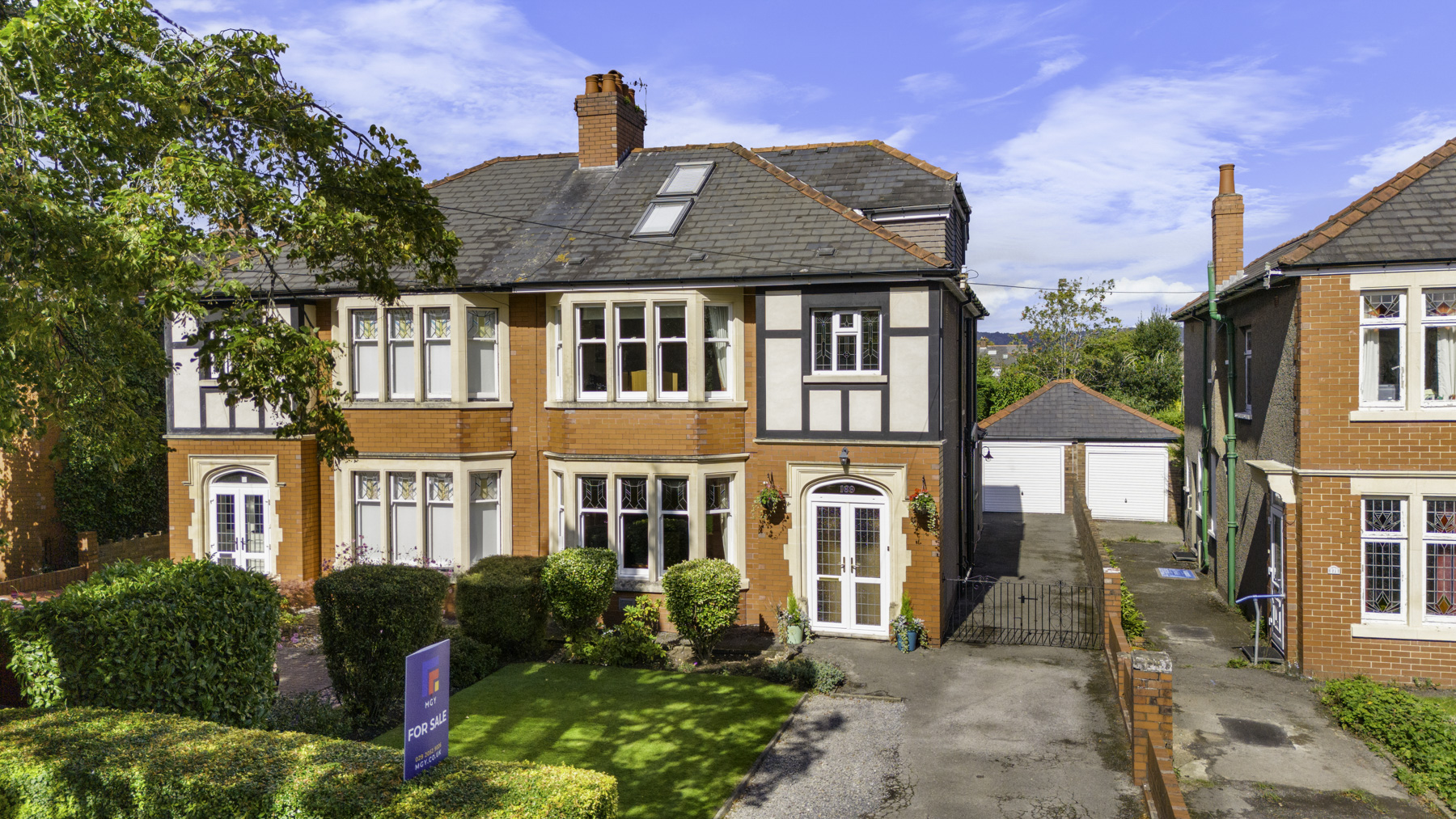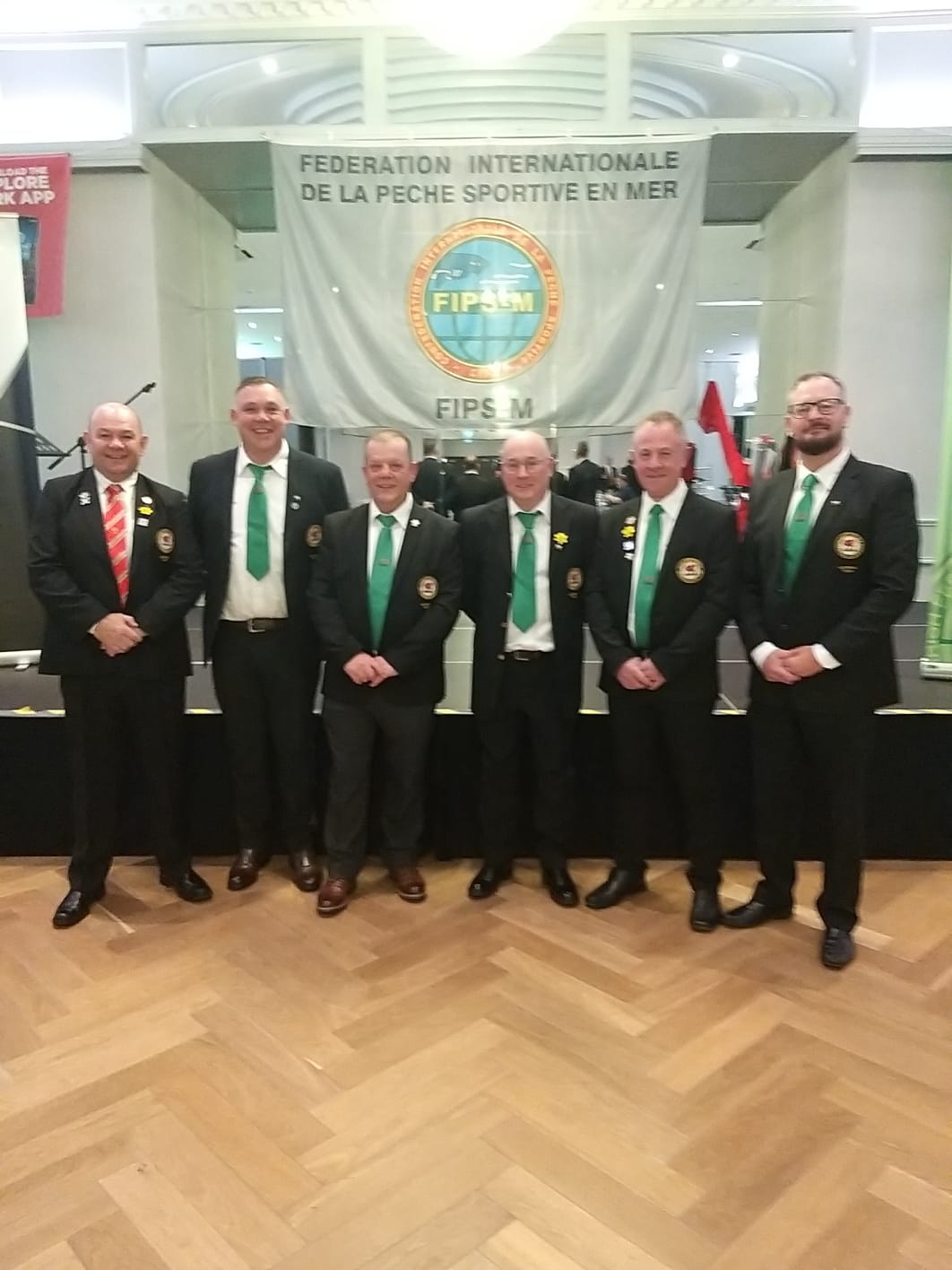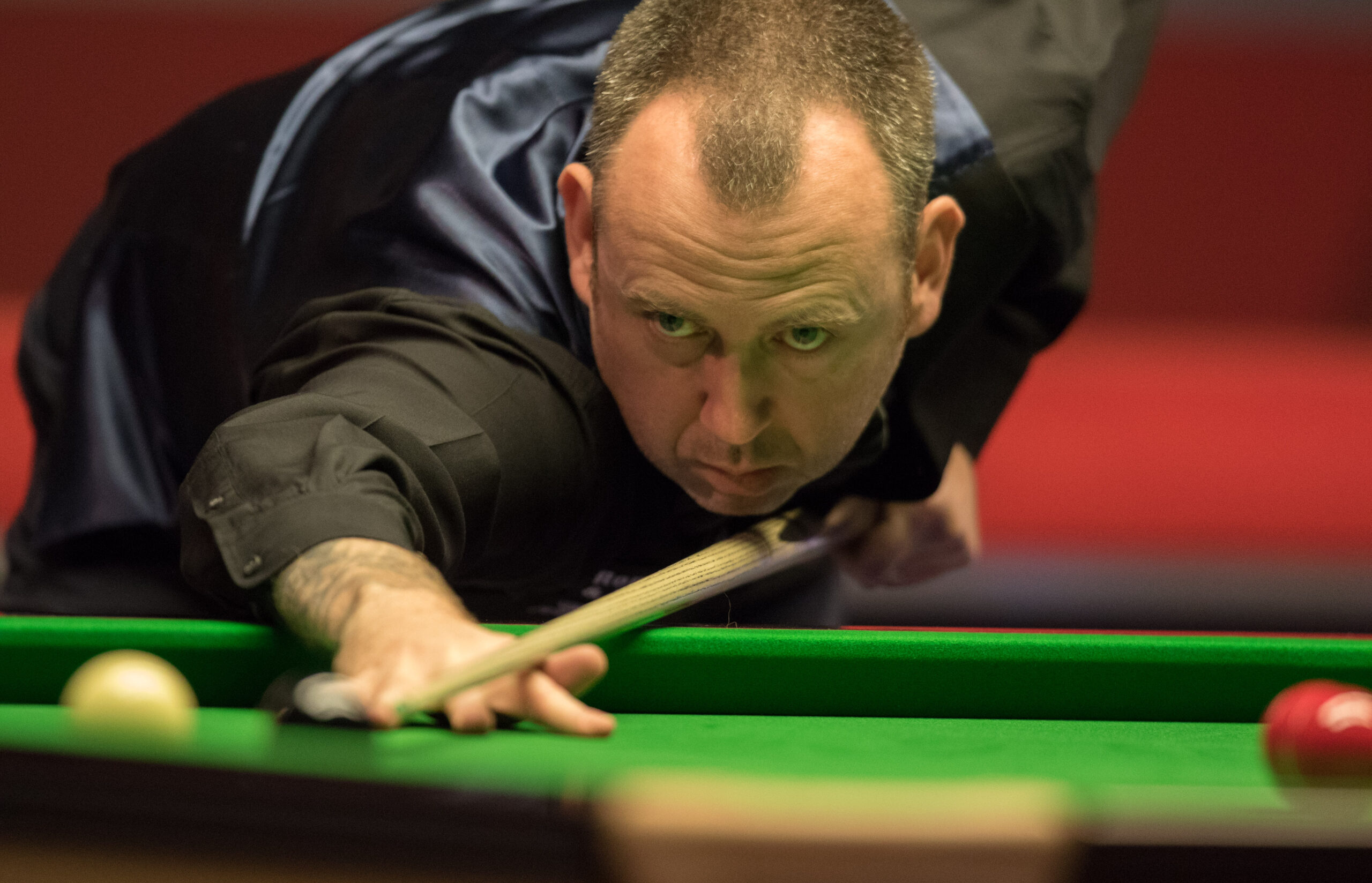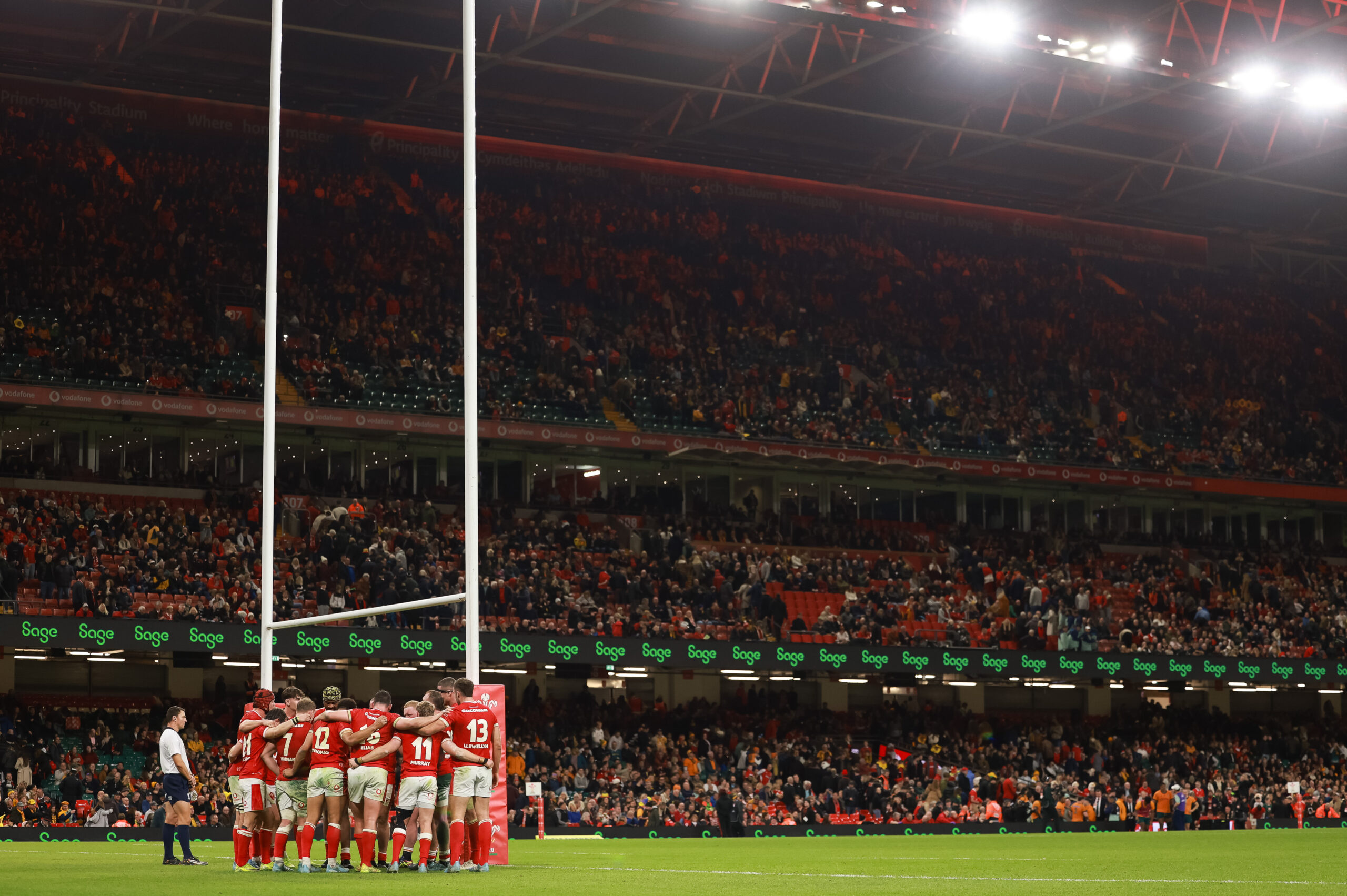Let’s Talk: Funmi Oduwaiye – Able Bodied Turned Great British Para Athlete
Tell us about your journey into para sport?
Four years ago, when I was 16-years-old, I was a basketball player in Cardiff. I played for Wales and there was talk of going to play for a college in America.
I needed what should have been a fairly straightforward operation on my knee. Only the surgery went wrong, unfortunately, and the artery in my right leg was damaged. That sent me down the road of needing further surgery and in all I had 10 operations over the space of three years or so.
Basically, because of the circulation problems below the knee, I was paralysed in my right leg from the knee down. It shouldn’t have happened, but it did, and since then it has been about adjusting and getting on with my life.
What was the aftermath like and the period that followed?
It was pretty terrible. I was in and out of hospital, constantly over a period of two years. I had just started college, but I had to drop out during my first year.
I was in a lot of pain which required very strong medication. That led to other issues such as memory loss and problems with my speech.
There was a time when I was in danger of losing my leg, there was a period when I was told I might not walk again, so it was a very difficult time, both physically and emotionally.
What kept you going?
I think my sporting background helped. As a basketball player, when things go wrong you have to react quickly and win the ball back.
One day, I woke up and thought that has to be my strategy. I have to fight back. I don’t want this to be me, who I am. I refuse to let that happen.
I had to keep myself busy and try and push myself in my recovery all the time. I chose to be focused and motivated, just as I’d tried to be on the basketball court.
What role did your family and friends play?
My parents and siblings were so supportive. Even in the practical issues like transporting me around. I had been learning to drive before my operation, but afterwards I wasn’t able to. They helped me with the equipment I needed to have around and, obviously, they were there with emotional support.
I still want to go back to college, and I aim to go to university and get a degree. But for now, it’s just about getting my life back on track.
How did you get into para-athletics?
I was watching a lot of TV recovering, when I came across the Netflix documentary, Rising Phoenix.
My initial reaction to seeing Paralympians was, ‘That’s not me. That’s not who I am. I’m going to get back on the basketball court.’ Part of that feeling was mixed up with my forgetfulness at the time. I couldn’t concentrate, I couldn’t remember who had been to visit me and who hadn’t. I would get upset that someone hadn’t visited, and my mum would have to remind me they had dropped by the day before.
But something must have struck a chord and remained with me from that film – maybe it was seeing Jonnie Peacock and what he achieved.
Through a friend, I got introduced to the late Anthony Hughes – who was a wonderful man – who worked with disabled athletes. I tried some different sports but the throwing events – discus and shot – seemed to come quite naturally, even though I didn’t know what I was doing.
And where are you now?
I competed at my first World Para Athletics Championship this month, which was only just over a year since I started throwing.
Most people don’t realise how technical and difficult throwing shot and discuss is. There’s a lot you have to get right. But I feel I am making pretty good progress.
Next year, of course, we have the Paralympics in Paris, which is a target – with God’s help – I would love to be there.
